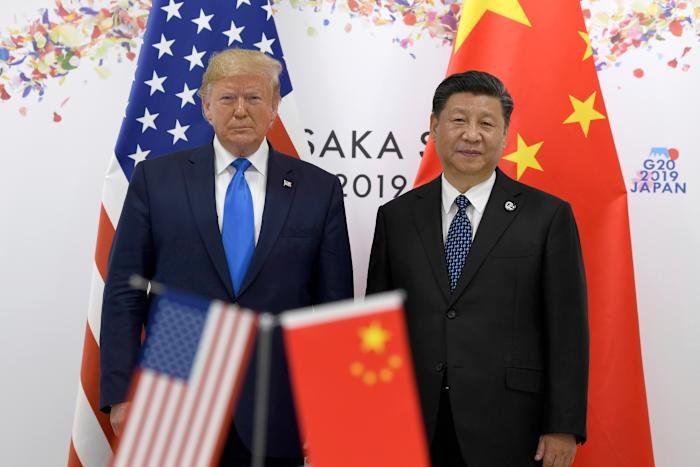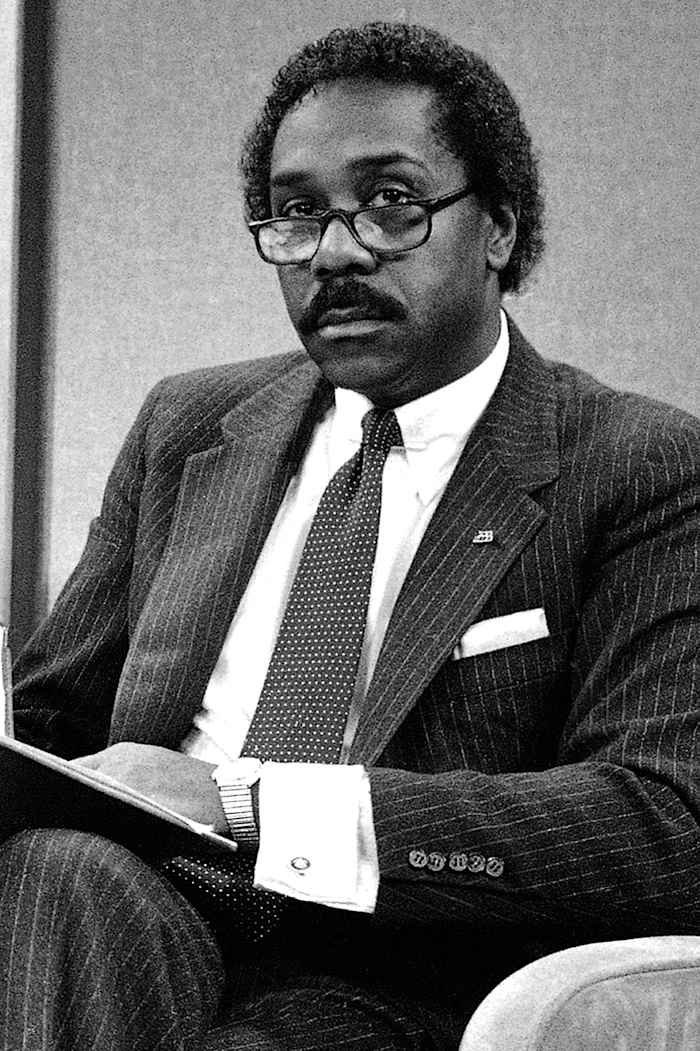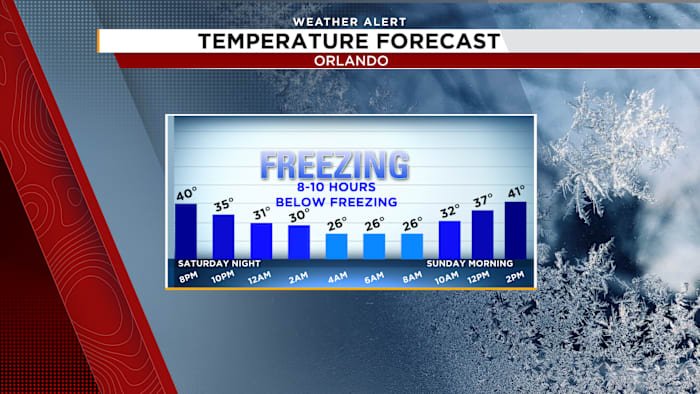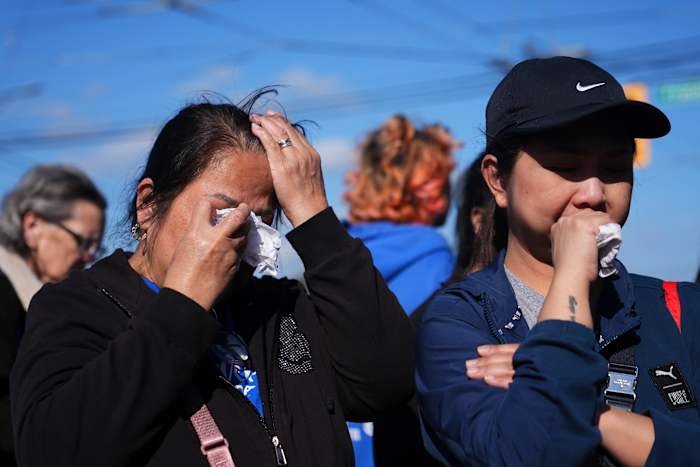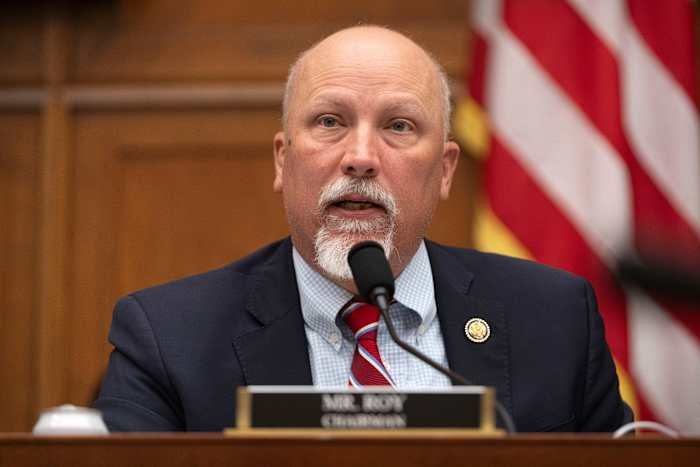Introduction
As the trade war between the United States and China continues to unfold, global markets are feeling the pressure. In response to U.S. President Donald Trump’s tariffs on Chinese goods, Chinese leaders have publicly declared their confidence in managing the fallout, assuring citizens and the world that they have the tools necessary to protect their economy. But what does this high-stakes economic chess match mean for Orlando, a city deeply connected to international business, tourism, and a growing tech sector? In this article, Daily Orlando News explores the local implications of the ongoing trade conflict and how Orlando businesses and residents may be affected.
The Global Trade War: What’s Happening?
The trade conflict began when the U.S. imposed higher tariffs on billions of dollars’ worth of Chinese exports, aiming to pressure China into changing its trade practices. In retaliation, China has implemented its own tariffs on U.S. goods. This tit-for-tat escalation has rattled global markets, affecting everything from consumer goods to agricultural commodities. And while China’s leaders remain optimistic—publicly stating that their government can shield jobs and minimize economic harm—the uncertainty has already changed the way many international businesses operate.
Orlando’s Economic Ties to China
Orlando may not be the first city that comes to mind when thinking about international trade, but our local economy is more globally connected than many realize. Central Florida’s tourism industry, for example, relies heavily on international visitors, including a growing number from China. In 2019, Chinese tourists spent millions in Orlando’s hotels, attractions, and shopping centers. Additionally, many Orlando-based companies import goods and components from China—everything from electronics and textiles to theme park equipment and souvenirs.
With increased tariffs, these businesses are facing higher costs, which could lead to increased prices for consumers or even job cutbacks. For local entrepreneurs and small business owners who depend on Chinese suppliers, the trade war brings uncertainty and the need to rethink supply chains.
Impact on Orlando’s Technology and Manufacturing Sectors
Orlando is home to a burgeoning tech scene and a variety of manufacturing firms, many of which rely on Chinese-made parts or raw materials. Higher tariffs mean these companies pay more for the components they need, potentially making them less competitive compared to firms in other regions or countries unaffected by the dispute.
For instance, simulation technology—one of Orlando’s fastest-growing industries—often depends on specialized hardware from overseas. As costs rise, local companies may be forced to pass expenses onto their clients or seek alternative suppliers, which isn’t always a quick or easy process. This could slow the city’s tech growth and impact job creation in high-paying sectors.
Orlando Consumers: Feeling the Pinch?
While the trade war might seem like a distant issue, its effects can be felt right here at home. Orlando residents may notice higher prices on everyday items, from electronics to clothing, as import costs rise. Retailers and grocery stores often source products that are manufactured or assembled in China, so tariffs can trickle down to the shelves at local stores.
Additionally, the trade war’s impact on the broader economy—such as fluctuations in stock markets or decreased international travel—can influence consumer confidence. If local businesses feel the pinch, it could mean fewer job openings or wage increases for Orlando workers.
How Are Orlando Businesses Adapting?
Some local companies are taking proactive steps to minimize the impact of the trade war. This includes seeking new suppliers in countries outside China, renegotiating contracts, or investing in domestic production. The Greater Orlando Chamber of Commerce has also hosted forums and workshops to help local businesses understand the changing trade landscape and explore new export opportunities.
For Orlando’s entrepreneurs and small business owners, flexibility and innovation are key. By staying informed and agile, many hope to weather the trade war without major disruptions. However, the situation remains fluid, and ongoing uncertainty makes long-term planning challenging.
Conclusion
As China’s leaders express confidence in their ability to withstand President Trump’s trade war, the reality is that cities like Orlando are already feeling the ripple effects. From rising costs for manufacturers and small businesses to potential slowdowns in tourism and tech growth, the local impact is real. At Daily Orlando News, we’ll continue to monitor this developing story and what it means for our community. Have you or your business been affected by the trade war? Share your experiences and thoughts in the comments below—we’d love to hear from you!

